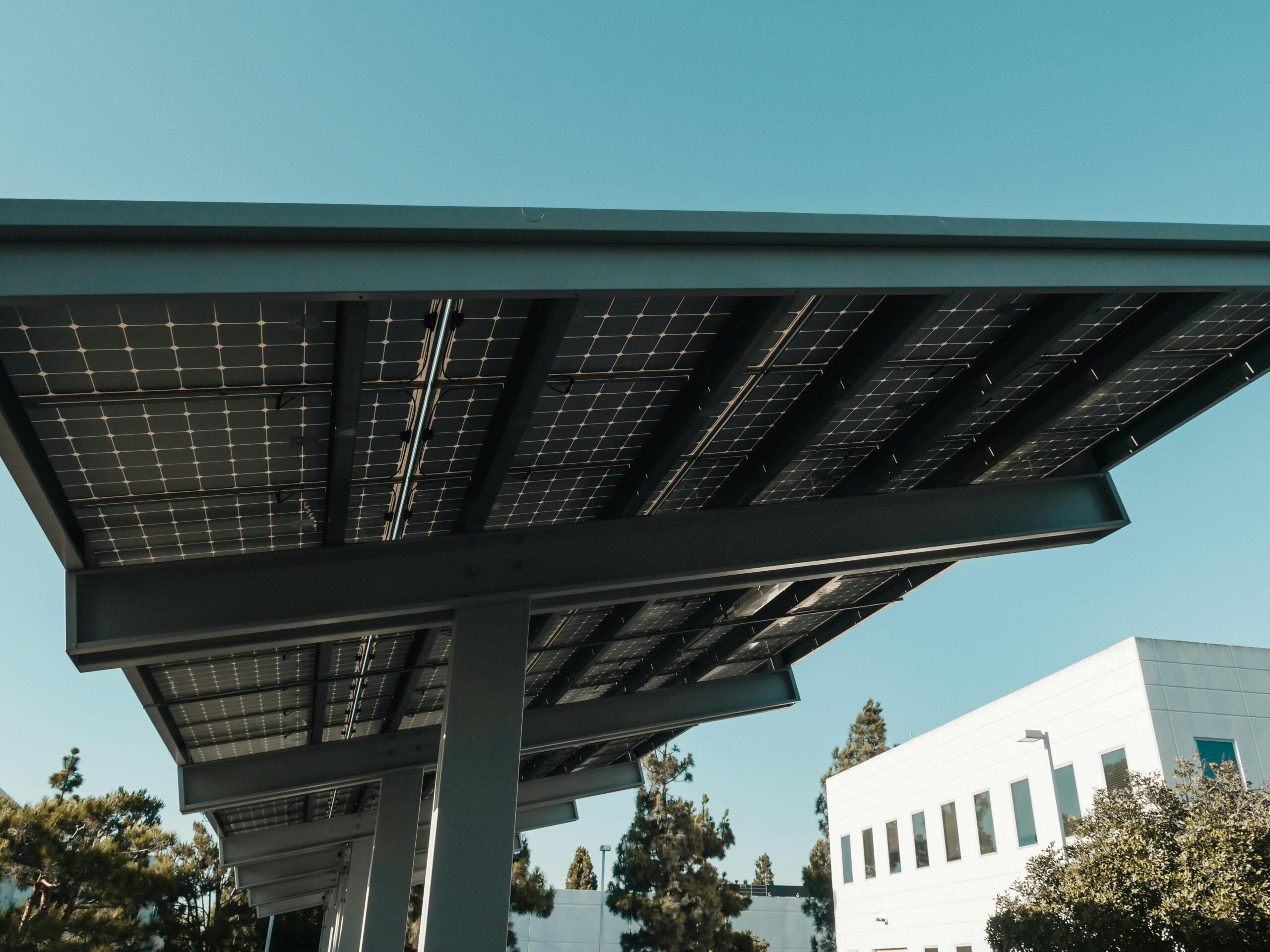Switching to solar energy is a smart decision for both your wallet and the environment. But to get the most out of your solar panels, understanding inverter technologies is essential. At LuxpowerTek, we specialize in helping homeowners like you navigate these choices with ease and confidence.
Differences Between String Inverters and Microinverters
When setting up a solar energy system, one of the first decisions you’ll face is choosing between string inverters and microinverters. Both types play a crucial role in converting the energy generated by your solar panels into usable electricity for your home.
String Inverters
String inverters are the traditional choice for many residential solar installations. In this setup, multiple solar panels are connected in series, forming a “string.” A single string inverter converts the combined electricity produced by all the panels into usable power for your home.
Advantages:
• Cost-Effectiveness: String inverters typically have lower upfront costs compared to microinverters, making them popular among budget-conscious homeowners.
• Simplicity: With fewer components, the installation process is straightforward.
Disadvantages:
• Shading Issues: If one panel in the string is shaded or underperforming, it can reduce the entire system’s output. This “single point of failure” means the performance of the entire string relies on the least efficient panel.
Microinverters
Microinverters take a different approach by connecting to each solar panel individually. Instead of one central inverter, each panel has its own microinverter, allowing for independent operation.
Advantages:
• Maximized Energy Production: If one panel experiences shading, the others continue to function optimally, leading to higher overall energy savings.
• Enhanced Monitoring: Many systems offer real-time data for each panel, allowing you to track performance easily and address issues promptly.
Disadvantages:
• Higher Upfront Cost: Microinverters generally come with a higher initial price compared to string inverters.
• More Components: With more parts in the system, there are more potential points of failure.
How to Choose Between Central and Hybrid Inverters
Selecting the right inverter is not just about choosing between string and microinverters. You also need to consider whether a central inverter or a hybrid inverter best suits your energy needs.
Central Inverters
Central inverters are large devices typically used in commercial and utility-scale solar installations. They connect to multiple solar panels, converting the DC electricity generated by the panels into AC electricity for use in your home or business.
Advantages:
• High Efficiency: Central inverters often come with advanced technology that optimizes energy production, making them ideal for large solar installations.
• Scalability: Suitable for systems with many panels, ensuring effective power conversion.
Disadvantages:
• Single Point of Failure: If one panel experiences issues, it can affect the entire system’s performance.
• Maintenance: Central inverters may require more maintenance and monitoring due to their complexity.
Hybrid Inverters
Hybrid inverters combine the functionalities of traditional string inverters with battery storage capabilities. They allow you to use solar energy directly while also storing excess energy for later use.
Advantages:
• Versatility: Hybrid inverters can adapt to your energy needs, allowing you to maximize solar energy usage and store excess power.
• Energy Management: They provide more control over energy consumption, prioritizing solar energy or battery storage as needed.
Disadvantages:
• Higher Initial Cost: Hybrid inverters generally come with a higher upfront cost but offer long-term savings through optimized energy usage.
Consider your solar installation size and energy needs when choosing between central and hybrid inverters.
Pros and Cons of Various Inverter Technologies
Understanding the pros and cons of different inverter technologies can help you make an informed decision that aligns with your energy goals and budget.
String Inverters
• Pros: Lower upfront cost, simple installation.
• Cons: Susceptible to shading, single point of failure.
Microinverters
• Pros: Higher energy production, enhanced monitoring capabilities.
• Cons: Higher initial cost, more components to manage.
Central Inverters
• Pros: High efficiency, scalable for large installations.
• Cons: Single point of failure, higher maintenance requirements.
Hybrid Inverters
• Pros: Versatile energy management, integrates battery storage.
• Cons: Higher upfront cost, more complex setup.
By weighing these factors, you can choose the inverter technology that best fits your specific needs and conditions.
Recommendations Based on Specific Needs and Conditions
Choosing the right inverter depends on several factors, including your home’s energy consumption, roof layout, shading issues, and budget.
• For Homes with Minimal Shading: String inverters are a cost-effective choice if your roof receives consistent sunlight without significant obstructions.
• For Homes with Partial Shading: Microinverters can help maximize energy production by ensuring each panel operates independently, making them ideal for partially shaded roofs.
• For Large Solar Installations: Central inverters are suitable for commercial properties or homes with extensive solar arrays, offering high efficiency and scalability.
• For Energy Storage Needs: Hybrid inverters are the best option if you want to integrate battery storage into your solar system, providing flexibility and energy management capabilities.
At LuxpowerTek, we tailor our recommendations to match your unique energy needs and conditions, ensuring you receive the most efficient and reliable solar inverter solution.
Making the Right Choice with Expert Assistance
Selecting the right solar inverter technology is crucial for optimizing your solar energy system’s performance and ensuring long-term energy savings. By understanding the differences between string inverters, microinverters, central inverters, and hybrid inverters, you can make an informed decision tailored to your specific needs.
Partnering with an experienced and professional team is vital to navigate these choices effectively. At LuxpowerTek, we offer quality products and expert technical support to help you harness the full potential of your solar investment. Connect with us today to find the best inverter solution for your home and enjoy a reliable, sustainable energy future.
Embrace the power of the sun with confidence, knowing that LuxpowerTek is here to support you every step of the way. Let’s work together for a greener tomorrow.

